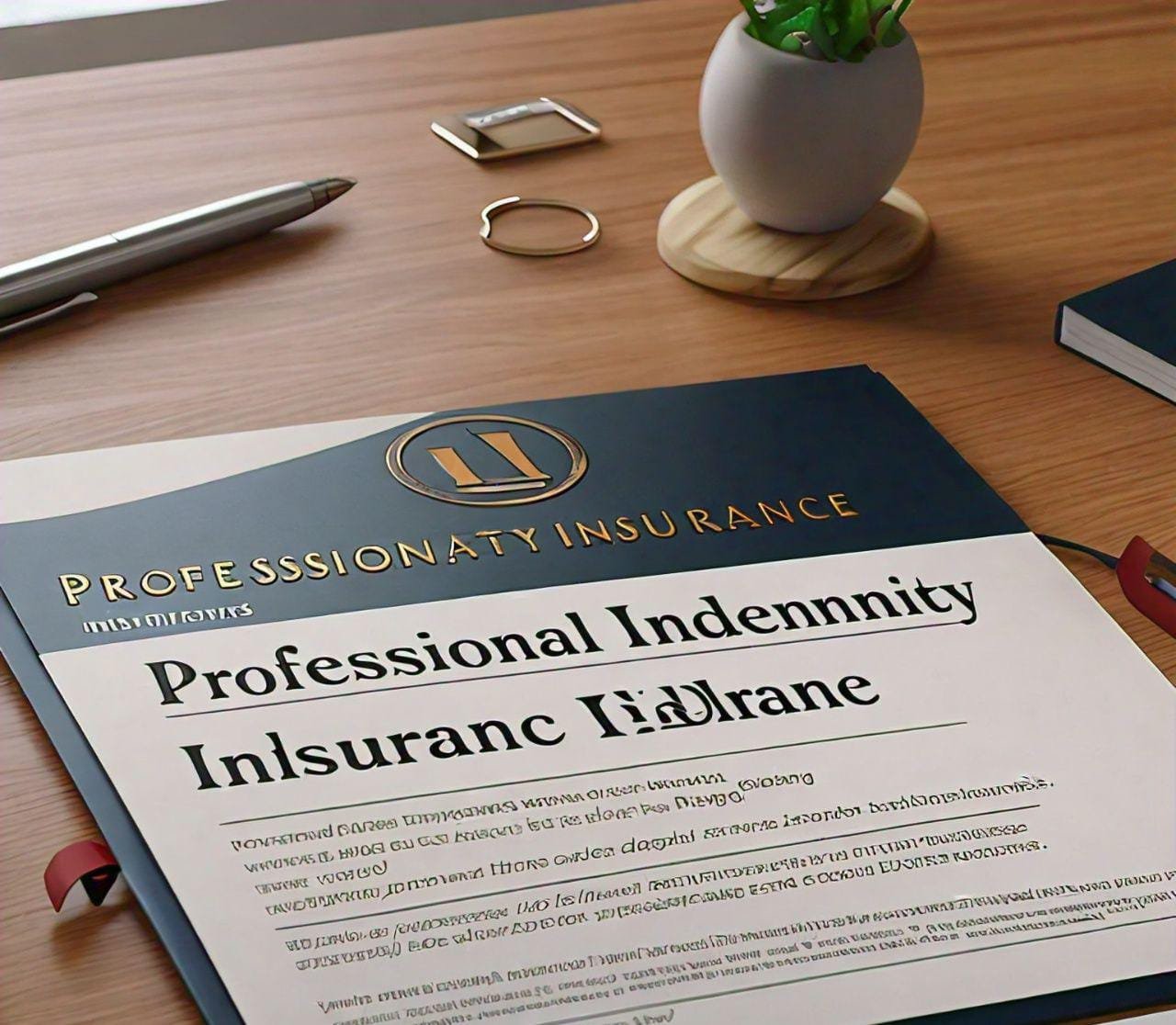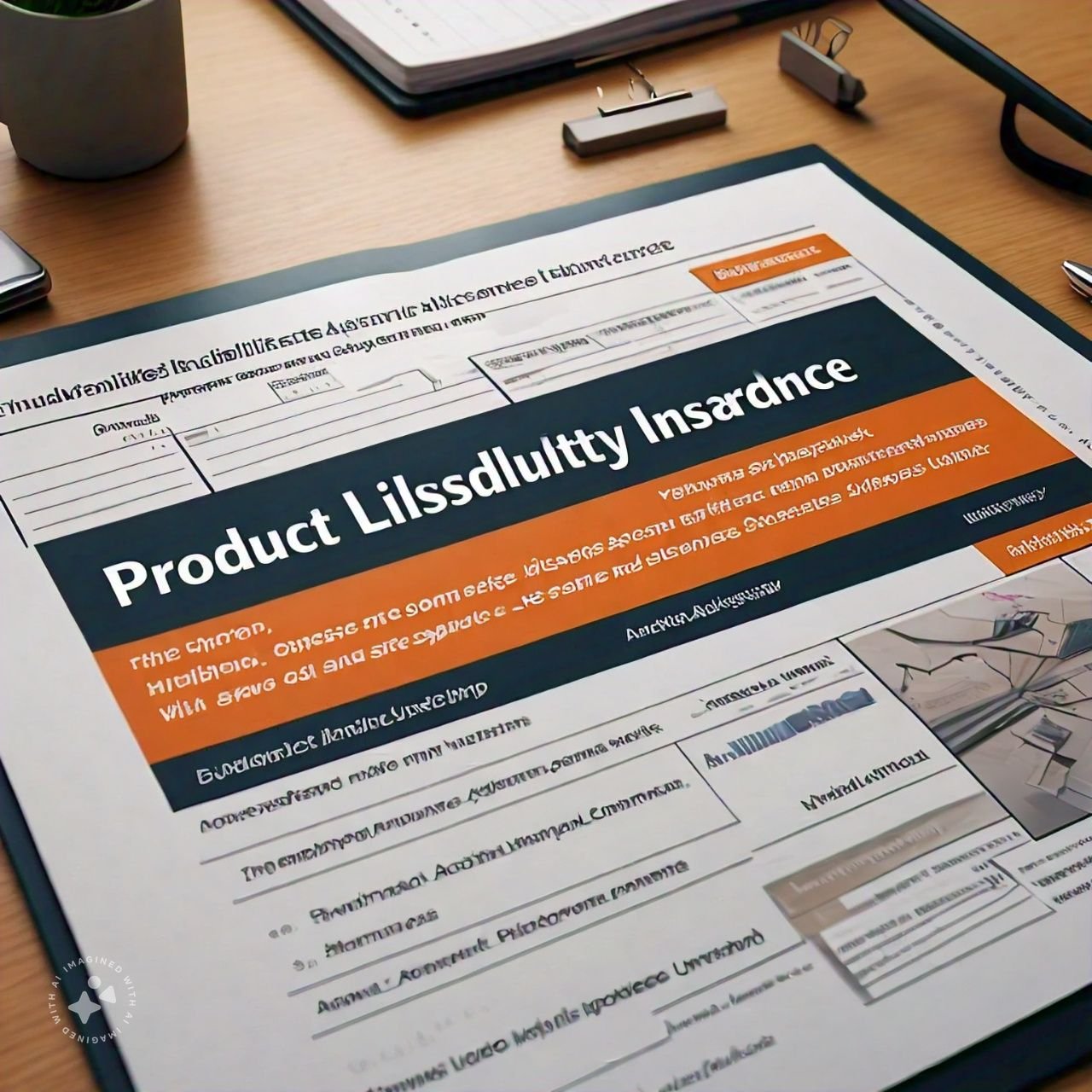Professional Indemnity Insurance: Protecting Your Business from Financial Losses
As a professional, you take pride in the services you offer to your clients. However, even with the best intentions, mistakes can happen, and claims of financial losses can arise. This is where Professional Indemnity Insurance (PII) comes in – a vital protection for businesses that provide expert or advisory services.
What is Professional Indemnity Insurance?
Professional indemnity insurance is a type of business insurance policy that protects companies against claims of financial losses resulting from alleged or actual negligence during the fulfillment of a professional service. Depending on the industry, this form of protection can be referred to by different names: for example, Errors and Omissions (E&O) insurance in real estate, Professional Liability Insurance (PLI) in the building industry, and Malpractice Insurance in the legal and medical domains.
Types of Professional Indemnity Insurance Policies
Professional indemnity insurance plans are classified into two categories by the Insurance Information Institute (Triple-I):
- Policies for claims-made: These only pay out if the error was made and the lawsuit was filed during the policy’s period of validity.
- Occurrence policies: Cover any claims that have taken place during the coverage period, even if the charges were filed after the policy lapses.
Purpose of Professional Indemnity Insurance
Every professional, regardless of field, must carry out their duties without worrying about unforeseen repercussions. This is the purpose of professional indemnity insurance. Professionals may operate in the best interests of their clients and companies with this kind of coverage, knowing that they will be covered in the event of an error.
What does professional indemnity insurance cover?
Professional indemnity insurance guarantees compensation against financial losses arising from allegations of malpractice, errors, oversight, or other omissions. The following are some particular scenarios when professional indemnity insurance may be beneficial:
- The client is overcharged by the IRS and pays additional taxes and penalties due to an oversight of an accountant.
- A lawyer makes a mistake that costs his client a lawsuit.
- Due to a mistake the doctor made during therapy, the patient gets hurt.
- The client loses money on account of bad advice from a consultant.
- A client loses money due to bad investment advice given by a financial advisor.
Exclusions of Professional Indemnity Insurance
Although it covers a wide range of situations, professional indemnity insurance does not cover everything. Listed below are a some of the most typical exclusions:
Intentional misconduct: Claims pertaining to deliberate wrongdoing, such as fraud, dishonesty, and criminal activity, are not covered by professional indemnity insurance.
Pre-existing conditions: No coverage is provided for damages incurred prior to the acquisition of professional indemnity insurance.
Penalties and fines: Professional indemnity insurance does not cover fines and penalties that are issued by regulatory authorities, for example.
Property damage and physical harm: General liability insurance often covers property damage and bodily injury, while professional indemnity insurance does not.
Conflicts with employees: Professional indemnity does not extend to conflicts arising between a professional and an employee, such as allegations of discrimination or wrongful termination.
Contractual conflicts: Professional indemnity insurance does not cover disputes that arise between professionals and their clients.
Cost of Professional Indemnity Insurance
The kind of business or profession, the required level of coverage, and the size of the business or profession all affect the cost of professional indemnity insurance. Businesses usually spend $60 a month on average for professional indemnity insurance.
Factors Influencing Professional Indemnity Insurance Prices
Several factors can affect the cost of professional indemnity insurance, including:
- Coverage amount
- Policy deductible
- Past coverage
- Business Type
- Business size
- Cyber risks
When is professional indemnity insurance required?
Certain sectors have laws or industry norms requiring businesses to have professional liability insurance. Before agreeing to conduct business, certain clients could additionally demand that an expert or a firm have this kind of coverage. Here are a few occupations in the US where insurance is required:
- Medical practitioners
- Lawyers
- Real estate professionals
Conclusion
Professional indemnity insurance is an essential form of financial protection for businesses that provide expert or advisory services. It allows professionals to act with confidence, knowing they are protected in the event of a mistake. By understanding what professional indemnity insurance covers and excludes, businesses can make informed decisions about their insurance needs.










